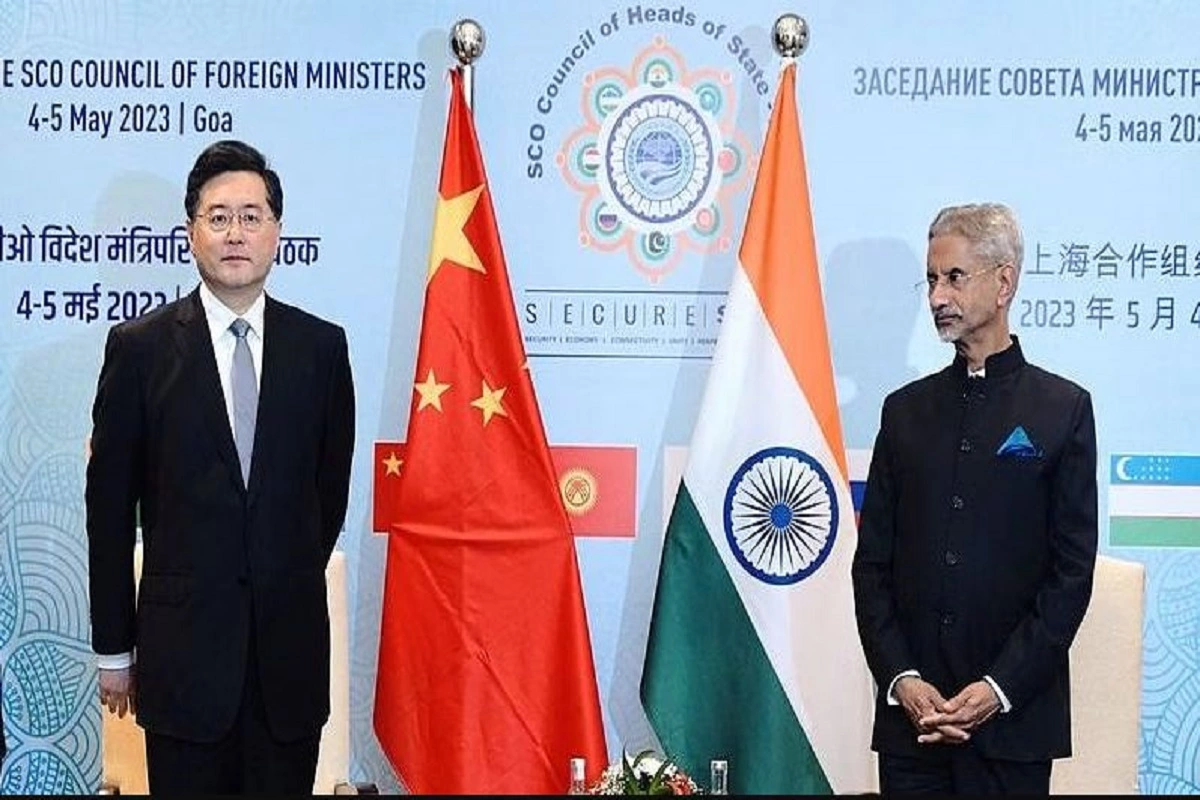
Chinese Foreign Minister Qin Gang with S jaishankar
In a show of solidarity with two of China’s largest neighbours, Chinese Foreign Minister Qin Gang promised his Russian and Indian counterparts that bilateral ties would grow stronger and that “coordination and cooperation” would only get stronger.
Qin met in India on Thursday with other unfamiliar priests of the Shanghai Participation Association, a coalition of countries spreading over the vast majority of Eurasia, with Beijing trying to protect stable relations with nations in the locale as ties with the West, especially Washington, stay tense.
Despite Beijing’s refusal to label Russia’s military actions as an invasion, the United States has long pleaded with China to assist in resolving the conflict in Ukraine. In a milestone move last week, Chinese President Xi Jinping talked straightforwardly with Ukraine’s Volodymyr Zelenskiy, which is interesting since Moscow sent its soldiers into Ukraine.
Qin stated that China is “willing to maintain communication and coordination with Russia to make tangible contributions to the political settlement of the crisis” in Ukraine during his meeting with Russian Foreign Minister Sergei Lavrov on the sidelines of the SCO meeting.
According to a Friday statement from the Chinese foreign ministry, the two sides also agreed to maintain the bloc’s “unity” and strengthen communication and coordination with other SCO member states.
The ministry stated that they also agreed to improve coordination in the Asia-Pacific region without providing specifics.
Russia, India, China, Pakistan, Kazakhstan, Kyrgyzstan, Tajikistan, and Uzbekistan are currently members of the bloc. Iran and Belarus are supposed to be drafted into the SCO at a culmination in New Delhi in July, an Indian unfamiliar service official said.
In a separate meeting with Indian Foreign Minister Subrahmanyam Jaishankar, Qin stated that China is willing to reestablish ties with India on a “healthy” path of development and intensify “coordination and cooperation” on international and regional issues.
Also read: Vice President Dhankhar Visits London For King Charles III’s Coronation
Since 2020, when their troops clashed on a disputed Himalayan border and 24 people were killed, China’s relations with India have deteriorated. New Delhi was enraged when Beijing released a map last month that claimed India’s Arunachal Pradesh as part of Tibet.
Jaishankar was informed by Qin that the border situation is “generally stable.”
According to Qin’s remarks to Jaishankar, “We should draw experience and lessons from history,” “acknowledge bilateral relations from a strategic height and a long-term perspective,” “respect each other,” “learn from each other,” and achieve mutual success.

















